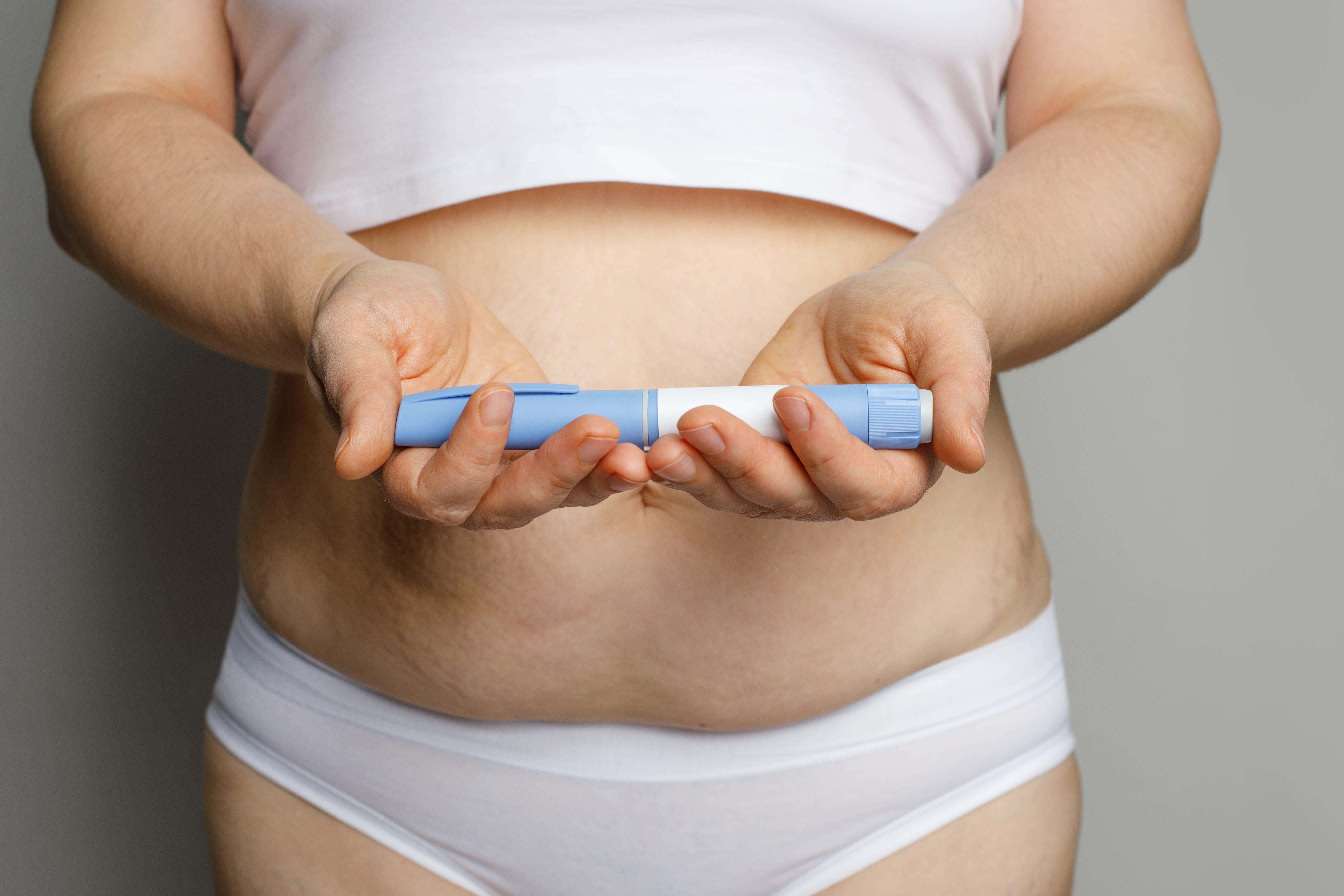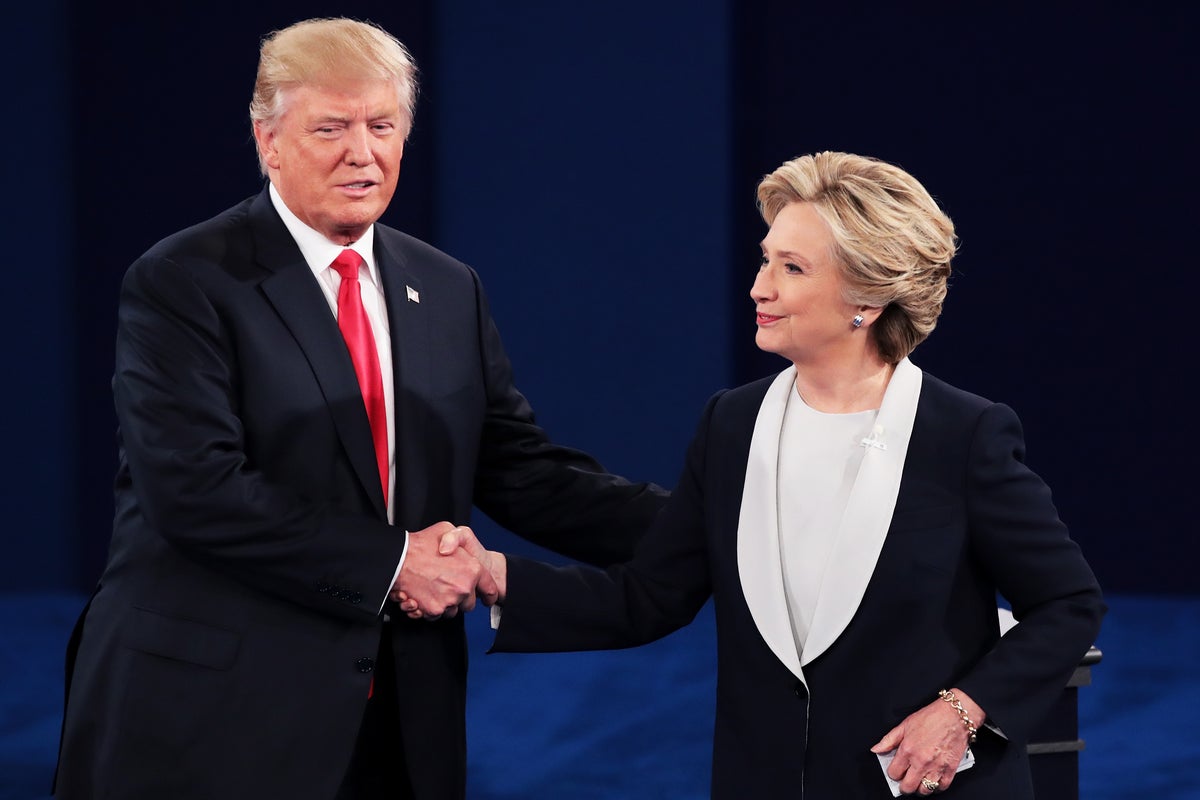Medical experts have warned Britons not to turn to fake weight loss jabs after fears the Mounjaro price hike could make it unaffordable for people “already struggling to pay for it”.
The cost of the drug, dubbed the “King Kong” of weight loss medicine, is set to triple in the UK after its US-owned company equalised costs in markets across the globe.
A month’s supply of the highest doses of the jab will rise from £122 to £330 – an increase of 170 per cent.
Though this will not affect patients prescribed the jab on the NHS, it will affect thousands of people who are currently buying the medicine privately.
Professor Claire Anderson, president of the Royal Pharmacist Society (RPS), said the price hike risks rendering the jabs out of reach for people already struggling to afford them.

“It’s reassuring that NHS patients with obesity and type 2 diabetes will continue to access Mounjaro,” she told The Independent.
“However, rising private prescription costs may make Mounjaro unaffordable for people in deprived areas already struggling to pay for it.”
She said the RPS urges anyone considering obtaining Mounjaro to do so only from a UK pharmacy that is registered with the General Pharmaceutical Council and with a valid prescription.
She warned fakes could be harmful or non-effective and said: “Counterfeit medicines from unregulated sources pose serious health risks—they can contain incorrect doses, harmful substances or no active ingredient at all.”

She added that if patients If buying online, check the site displays the official green GPhC logo linking to the GPhC register.
Professor Kamila Hawthorne, Chair of the Royal College of GPs, also urged patients to only use reputable outlets and to speak with their private provider if they are concerned about potential price increases to the drug.
She said: “If they are accessing medication through dubious online sources, or without a prescription, it can be a genuine threat to a patient’s safety. In some cases, people may not be buying what they think they are, which is really dangerous.”
Fake jabs for sale in the UK are already a huge concern, with thousands of fraudulent online pharmacies selling such products having been uncovered.

Fake versions of Ozempic, another popular brand of weight loss jab, have been found being sold for as little as £13.70 per dose, along with counterfeit versions of other brands, including Rybelsus and Metformin pills, being offered from 24p.
Researchers from Avast, a cybersecurity brand of the company Gen, who conducted the investigation, warned of the “dangerous” threat of the global scam involving more than 5,000 fake pharmacy sites this year, which they say are being run by criminal networks.
Fake jabs can be dangerous as they are unregulated, meaning there is no way of knowing what is in them and how they are produced.
According to Lloyds Pharmacy, fake jabs could contain incorrect doses, the wrong medication or no medication at all. There is also a risk they could contain bacteria or impurities.
It comes amid the rapid rise of weight-loss medication in the UK – with around 1.5 million people, 4 per cent of households, currently using them.
These weight-loss injections, also known as GLP-1 receptor agonists, work by mimicking the natural hormone which regulates blood sugar, appetite and digestion.
In June, the NHS offered Mounjaro to obese patients with a BMI of over 40 and at least four clinical conditions related to their weight, such as heart disease or type 2 diabetes.
Over the next three years, about 240,000 patients are expected to be eligible for the treatment.
Mounjaro’s owner Eli Lily said it would not raise the price paid by the NHS, and it was working with private healthcare providers to maintain access to the jab.
The move reflects how the pharmaceutical industry is navigating policy changes in the US, by far its most lucrative market.
It comes after Donald Trump’s administration complained about “foreign freeloaders” who rely on the US to pay more for medicine.


